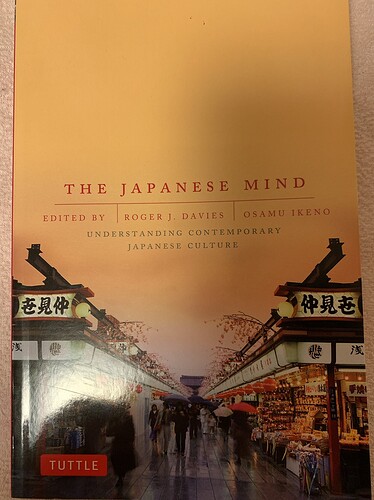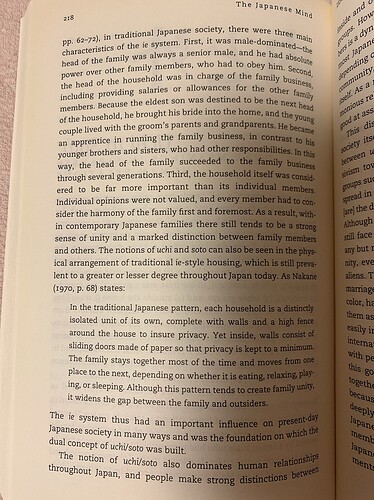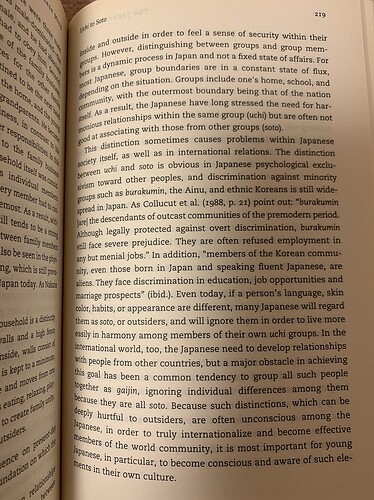Hi again! When I first started studying Japanese, a word that used to confuse me a lot was 参る(まいる), the reason this word was so confusing to me is because it means… get ready for it… ‘to come, to go, to call, to be defeated, to collapse, to die, to be annoyed, to be madly in love’, oh and last but not least ‘to visit a shrine or grave’.
How can one word possibly have so many meanings, and is there one meaning that links them? The fortunate answer to that question is yes, there is.
In the Japanese language, there are several different types of speech that pay different levels of respect toward the person you are talking to. 敬語 (けいご) for example, which simply means ‘awe filled speech’… honorific speech for short. But something else that is very interesting is that some of these types of speech actually change your ‘mental’ location in a sentence. One of these is 謙譲語(けんじょうご). What 謙譲語 does is take the speaker, and put them in the world of the listener. Essentially, being in the world of the listener instead of in your own world can have a great range of nuances depending on the rest of the sentence. 参る is classified as 謙譲語, and therefore is often used in very polite sentences. However, まいる’s base meaning is very telling, regardless of whether the sentence is postive or negative, respectful or disrespectful.
参る’s true meaning is ‘to be in the listeners (聞き手’s) world’ or even more simply ‘outside of yourself’. What you are actually doing in that persons/things world will depend on the rest of the sentence, hence how this word traditionally appears to have so many potential meanings when it only means ‘to be existing outside of oneself.’
来月、イタリアに参ります。
‘Next month, I will ‘go’ to Italy.’
(Next month, I will be outside of myself, in Italy) I respect Italy as it’s own entity, and therefore make myself unimportant in the sentence’
御社に書類を受け取りに参りますのでよろしくお願いいたします。
‘Since I will come to get the document from your company, please have it ready it for me.’
(Since I will be outside of myself (repecting that your company is not mine) in your company for the purpose of accepting the document, please have it ready)
日曜日は葉山に行ったのですが、渋滞には参りました。
‘I went to Hayama on Sunday, but found myself stuck in traffic.’
(Since my original purpose was going to Hayama without anything going wrong, I was outside of myself when I found that I sat in traffic)
So we can see that whether the situation is positive or negative, 参る will always just show that we are existing outside of ourselves. There are quite a few ways to convey these feelings in English, but 参る works for all of them in Japanese!
To be madly in love - To exist outside of yourself/be swept away by another.
To be annoyed - To exist outside of yourself due to something begrudgingly overextending it’s own presence.
To visit a shrine/grave - To exist outside of oneself in recognition to the dead/god that you are in their home, not yours.
To be defeated - To exist outside yourself in the presence of someone better (To be out of your league)
To die/collapse - To literally cease (temporarily or permenently) to exist inside of yourself.
If you start to read sentences with this ‘being outside of yourself’ meaning in the back of your mind with 参る, I think you will find that most of the real meanings will reveal themselves very quickly.
Again, I hope you found this interesting!






